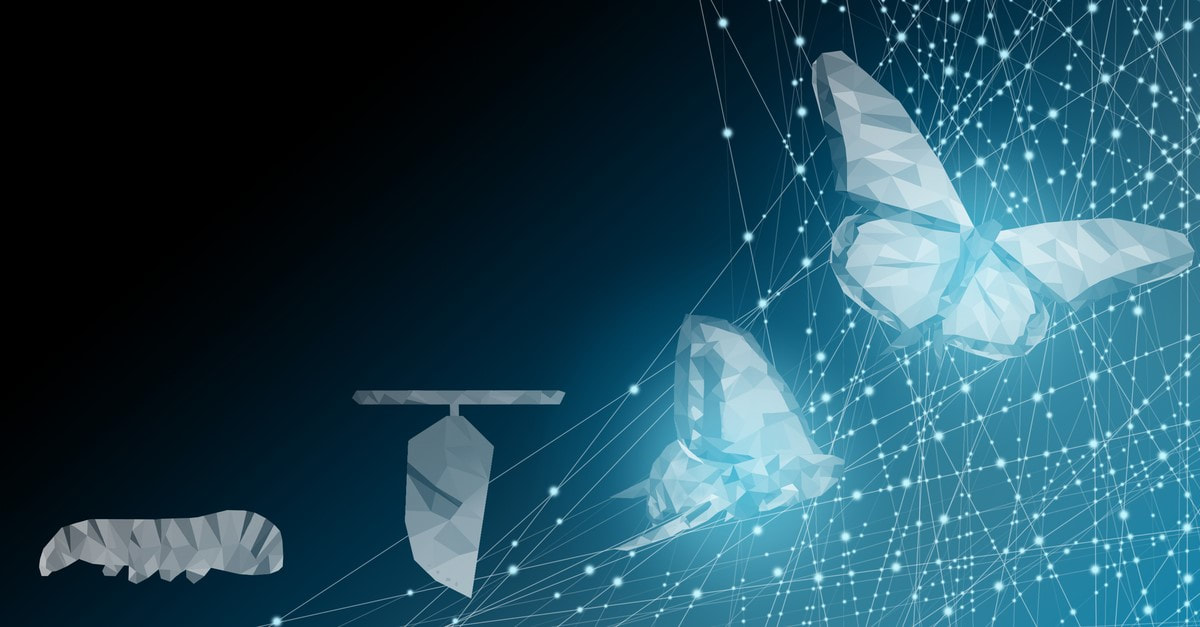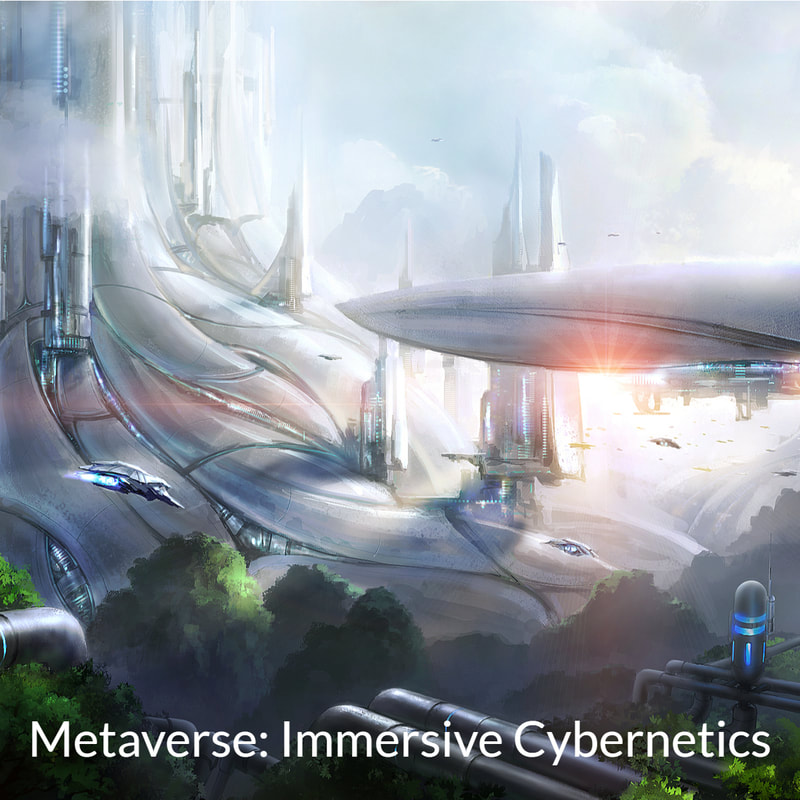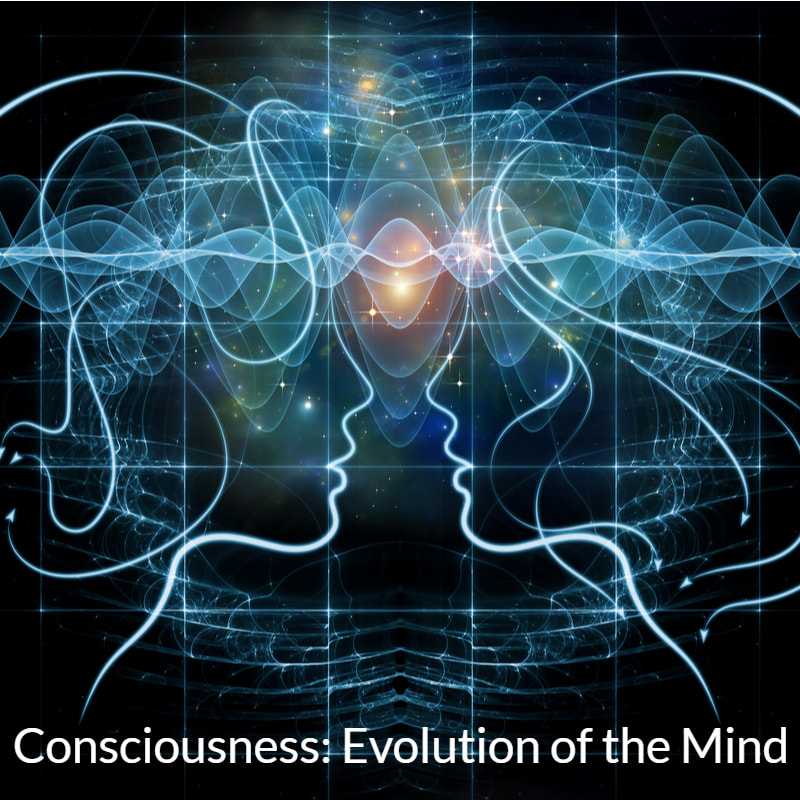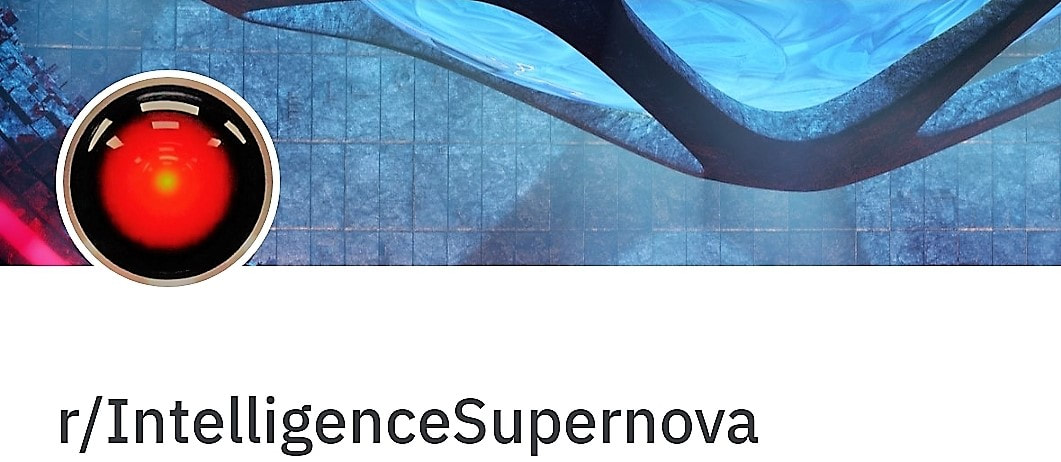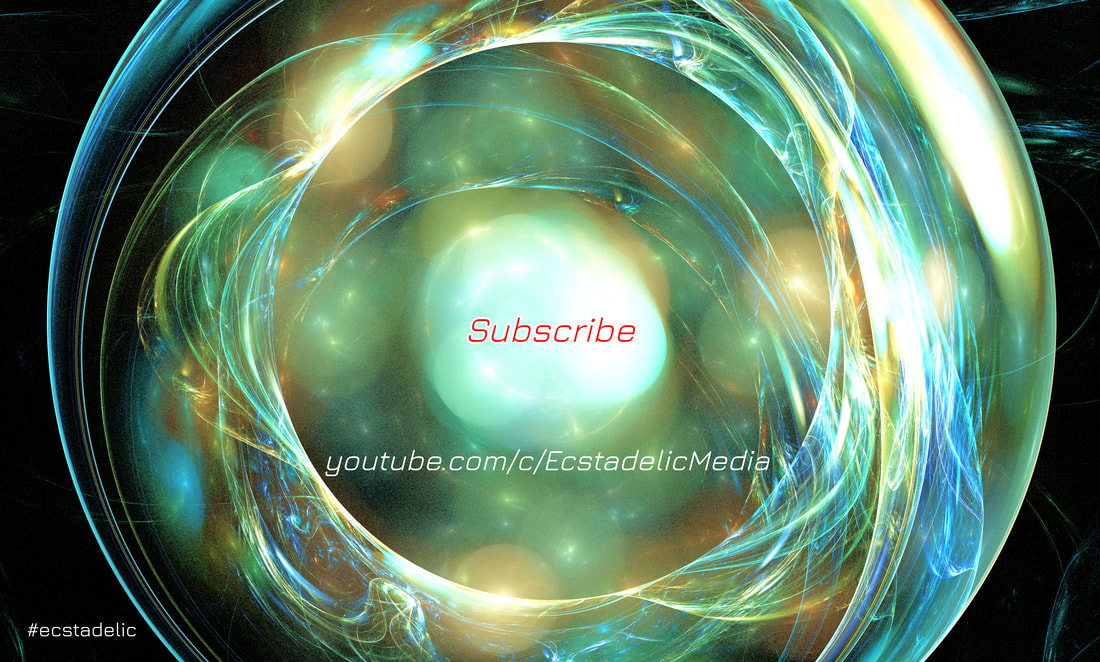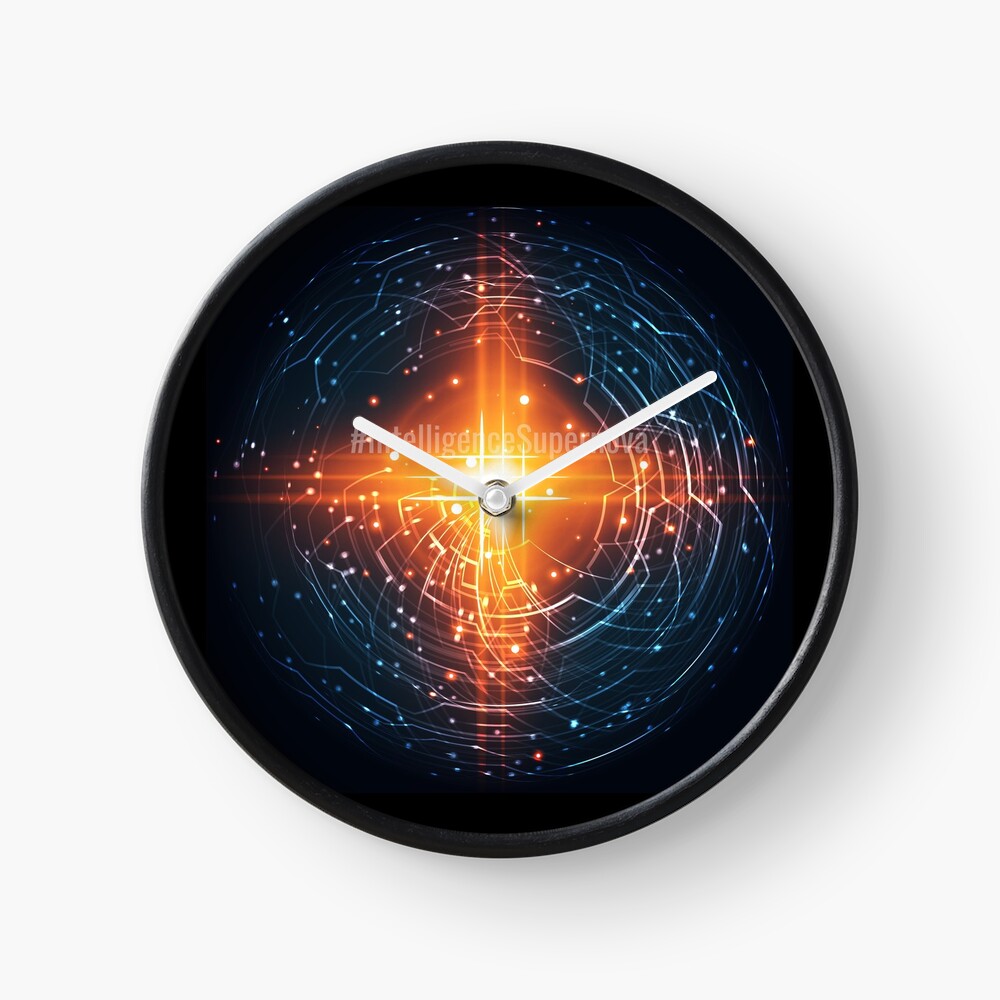|
by Alex Vikoulov [Posted June 24, 2019 3.33 pm PST] James Scargill at UC Davis finds the theoretical grounds for existence of low-dimensional lifeforms based on neural network connectivity, making this discovery a great contribution to Digital Physics and Digital Philosophy. The Anthropic Principle, a "tautological" principle in cosmology that presupposes the "fine-tuned" universe where complex observers like us humans arise to ponder about how it came into existence and turned out just right to accommodate all its diversity and complexity of life, has been recently called into question. At first glance, it's hard for us humans to imagine any complexity to which we would ascribe qualities of living things to arise in 2+1 dimensions. Should "life" arise in this low dimensionality surely it would be "too simple" because of a lack of topological dimension and physical forces we enjoy in our 3+1D "human" universe. Or, so the anthropic argument goes. 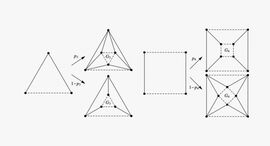 Figure 1: The procedural generation of cycle-based random planar graphs. Figure 1: The procedural generation of cycle-based random planar graphs. But according to the new paper, titled "Can Life Exist in 2+1 Dimensions?" by James Scargill at the University of California, Davis, this kind of 2+1-dimensional universe could support both gravity and complexity that life would require to exist. The author examines the anthropic argument and its derivatives and demonstrates how a purely scalar theory of gravity may circumvent certain restrictions inherent in real-life biological neural networks that are crucial for their functioning. The Conway's Game of Life with its "digital lifeforms" comes to mind, but this latest model seems to be a more sophisticated theoretical version of it, to be clear. We don't necessarily have to imagine a cyberspace simulated with quantum neural networks and AI in the future, the one which would be conducive to the emergence of "digital life" like this. Looking back at evolution of life on Earth, even our own early ancestors — earthly microorganisms — that "processed" their environment in essentially 2+1 dimensions can be regarded as such "flatlanders." "As the saying goes, 'life finds a way,' and it is not inconceivable that beings which evolved under such circumstances would find a way to nonetheless communicate effectively," writes the researcher in his paper. In his groundbreaking paper, Scargill examines the “small-worldness," a pattern of connectivity that makes it possible for information to propagate within a complex network by passing through a small number of nodes. Another property of neural networks, known as 'criticality', is that they operate in a regime that is delicately balanced between the transition from high to low activity. And this also seems possible only in networks that have a modular hierarchy in which small sub-networks combine to form larger networks. This is an impressive discovery with some unexpected result for cosmologists which implies that lower-dimensional networks with certain features — small-world properties, modular hierarchy, and critical behavior — can support quite a surprisingly complex "intersubjective" behavior. -Alex Vikoulov READ MORE: Life could exist in a 2D universe (according to physics, anyway) [MIT Technology Review] Keywords: digital life, digital physics, digital philosophy, 2D Universe, Anthropic Principle, cosmology, fine-tuned universe, complex observers, complexity of life, topological dimension, physical forces, anthropic argument, James Scargill, University of California, gravity, Game of Life, digital lifeforms, cyberspace, flatlanders, small worldness, pattern of connectivity, complex network, neural networks, criticality, small-world properties, modular hierarchy, intersubjective behavior.
Image Credit: Shutterstock Follow us ↴
0 Comments
Leave a Reply. |
Disclaimere_News™ delivers the most urgent News of the Day that we find relevant to the main theme of EcstadelicNET such as a new, cutting-edge scientific research, technological breakthroughs and emerging trends. Some material may be fully or partially from outside sources. The Top Stories section, on the other hand, contains only original content written by affiliated authors. Take me to Top Stories. Categories
All
The Cybernetic Theory of Mind by Alex M. Vikoulov (2022): eBook Series
The Syntellect Hypothesis: Five Paradigms of the Mind's Evolution by Alex M. Vikoulov (2020): eBook Paperback Hardcover Audiobook The Omega Singularity: Universal Mind & The Fractal Multiverse by Alex M. Vikoulov (2022): eBook THEOGENESIS: Transdimensional Propagation & Universal Expansion by Alex M. Vikoulov (2021): eBook The Cybernetic Singularity: The Syntellect Emergence by Alex M. Vikoulov (2021): eBook TECHNOCULTURE: The Rise of Man by Alex M. Vikoulov (2020) eBook NOOGENESIS: Computational Biology by Alex M. Vikoulov (2020): eBook The Ouroboros Code: Reality's Digital Alchemy Self-Simulation Bridging Science and Spirituality by Antonin Tuynman (2019) eBook Paperback The Science and Philosophy of Information by Alex M. Vikoulov (2019): eBook Series Theology of Digital Physics: Phenomenal Consciousness, The Cosmic Self & The Pantheistic Interpretation of Our Holographic Reality by Alex M. Vikoulov (2019) eBook The Intelligence Supernova: Essays on Cybernetic Transhumanism, The Simulation Singularity & The Syntellect Emergence by Alex M. Vikoulov (2019) eBook The Physics of Time: D-Theory of Time & Temporal Mechanics by Alex M. Vikoulov (2019): eBook The Origins of Us: Evolutionary Emergence and The Omega Point Cosmology by Alex M. Vikoulov (2019): eBook More Than An Algorithm: Exploring the gap between natural evolution and digitally computed artificial intelligence by Antonin Tuynman (2019): eBook Editor-in-ChiefAlex M. Vikoulov is a futurist, evolutionary cyberneticist and philosopher, editor-in-chief at Ecstadelic Media Group, filmmaker, essayist, author of many books, including the 2019-2020 best-seller "The Syntellect Hypothesis: Five Paradigms of the Mind's Evolution." Our Public Forums
Our Custom GPTs
Alex Vikoulov AGI (Premium*)
Be Part of Our Network! *Subscribe to Premium Access Make a Donation Syndicate Content Write a Paid Review Submit Your Article Submit Your Press Release Submit Your e-News Contact Us
|

